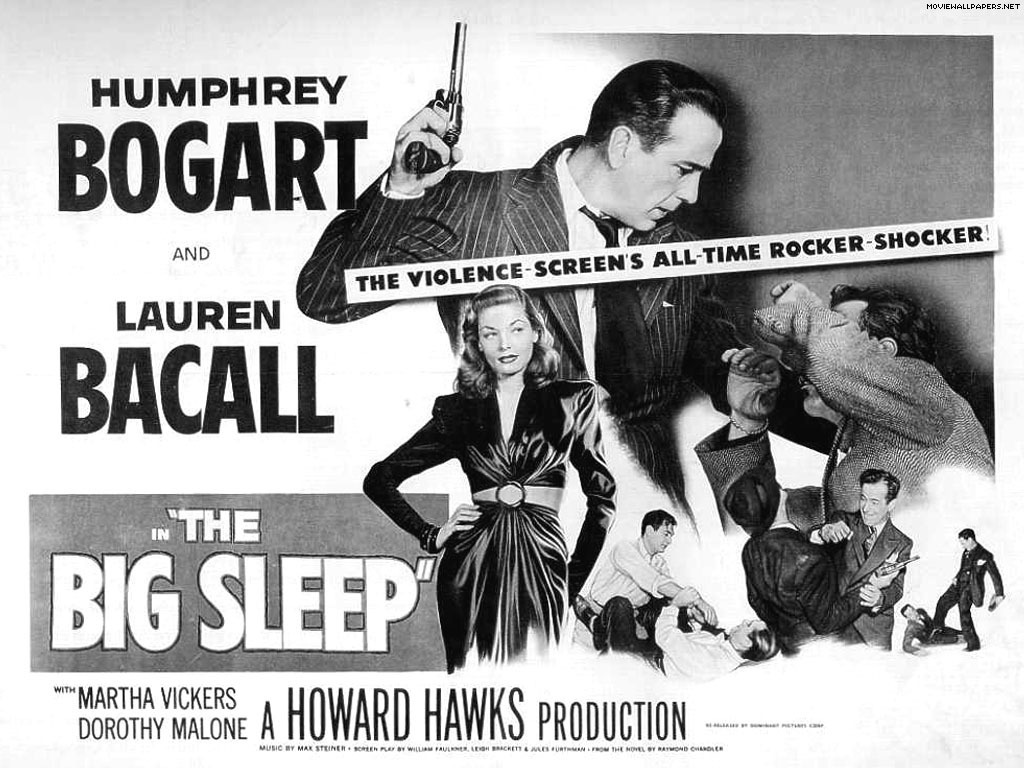These Six Things Will Bring You A Great Night’s Sleep
.
Your Worst Enemy Is Probably You
Stop cheating yourself. You can’t cut corners on sleep and not have it affect you:
…by the end of two weeks, the six-hour sleepers were as impaired as those who, in another Dinges study, had been sleep-deprived for 24 hours straight — the cognitive equivalent of being legally drunk.
Being tired actually makes it harder to be happy.
Via NurtureShock:
Negative stimuli get processed by the amygdala; positive or neutral memories gets processed by the hippocampus. Sleep deprivation hits the hippocampus harder than the amygdala. The result is that sleep-deprived people fail to recall pleasant memories, yet recall gloomy memories just fine. In one experiment by Walker, sleep-deprived college students tried to memorize a list of words. They could remember 81% of the words with a negative connotation, like “cancer.” But they could remember only 31% of the words with a positive or neutral connotation, like “sunshine” or “basket.”
“Sleeping on it” does improve decision making and can help you follow through on your goals.
Lack of sleep makes you more likely to get sick and more likely to behave unethically. There is such a thing as beauty sleep:
Our findings show that sleep deprived people appear less healthy, less attractive, and more tired compared with when they are well rested.
Lack of sleep makes you dumber.
Via Brain Rules: 12 Principles for Surviving and Thriving at Work, Home, and School:
Take an A student used to scoring in the top 10 percent of virtually anything she does. One study showed that if she gets just under seven hours of sleep on weekdays, and about 40 minutes more on weekends, she will begin to score in the bottom 9 percent of non-sleep-deprived individuals.
Yes, some people don’t need much sleep but they’re exceedingly rare. Out of 100 people who think they can go without much sleep, only five really can.
So What Makes For A Great Night’s Sleep?
1) Exercise during the day promotes good sleep at night.
Via Dreamland: Adventures in the Strange Science of Sleep.
…those who exercised reported a better quality of sleep than those who remained sedentary.
2) Keep it cold.
Via Dreamland: Adventures in the Strange Science of Sleep.
One study by researchers in Lille, a city in northeastern France, found that subjects fell asleep faster and had a better overall quality of sleep following behaviors that cooled the body, such as taking a cold shower right before bed. The best predictor of quality sleep was maintaining a room temperature in a narrow band between 60 and 66 degrees Fahrenheit (or 16 to 19 degrees Celsius).
3) Avoid light before bed, and that includes TV’s and computers.
Via Dreamland: Adventures in the Strange Science of Sleep.
…bright lights— including the blue-and-white light that comes from a computer monitor or a television screen— can deceive the brain, which registers it as daylight. Lying in bed watching a movie on an iPad may be relaxing, but the constant bright light from the screen can make it more difficult for some people to fall asleep afterward.
4) Avoid coffee or alcohol at night.
Via Dreamland: Adventures in the Strange Science of Sleep.
It is obviously not a good idea to drink coffee in the evening if it keeps you up at night. Nor is drinking alcohol before bedtime a smart move. Alcohol may help speed the onset of sleep, but it begins to take its toll during the second half of the night. As the body breaks down the liquid, the alcohol in the bloodstream often leads to an increase in the number of times a person briefly wakes up.
Also:
5) Mattress quality doesn’t matter. The only factor that was relevant with regard to beds was when traveling, people sleep best on a mattress similar to the one they have at home.
6) Keeping a consistent sleep and wake schedule is more important than you think. Shifting Daylight Savings Time around lowers SAT scores. Jet lag can be devastating to performing at your best.
Join over 145,000 readers and get my free weekly email update here.
Related posts:
How To Stop Being Lazy And Get More Done – 5 Expert Tips
What 10 things should you do every day to improve your life?




